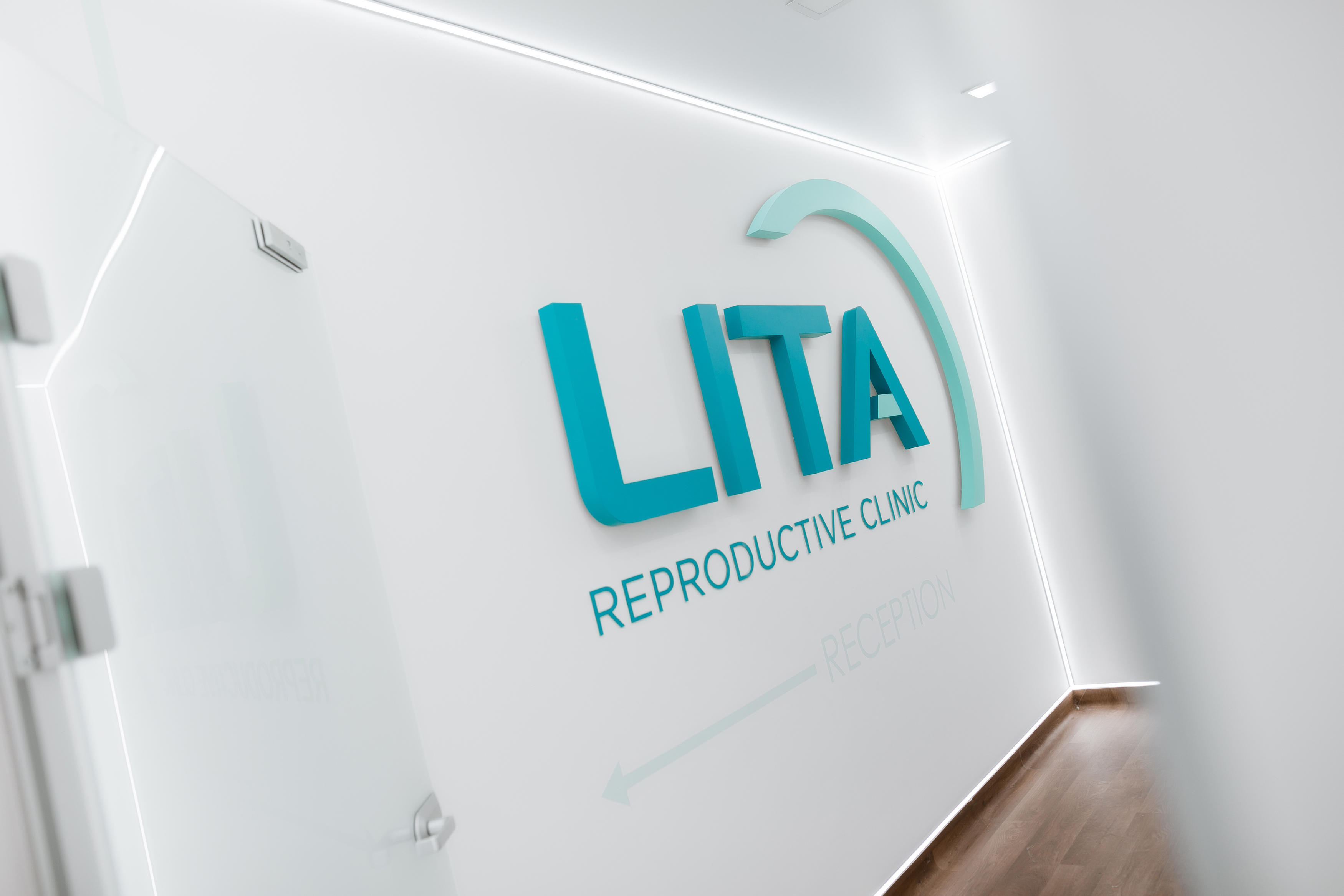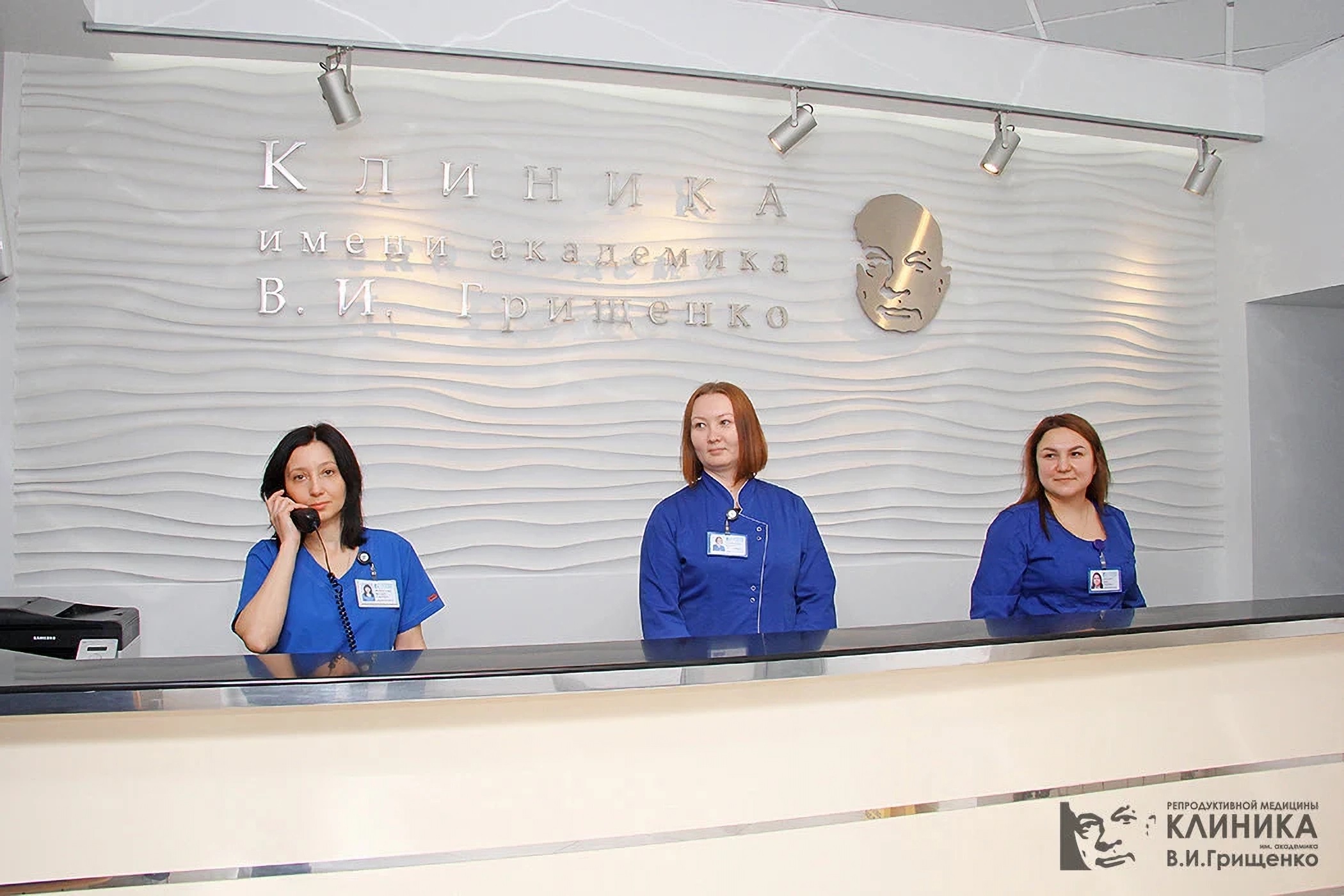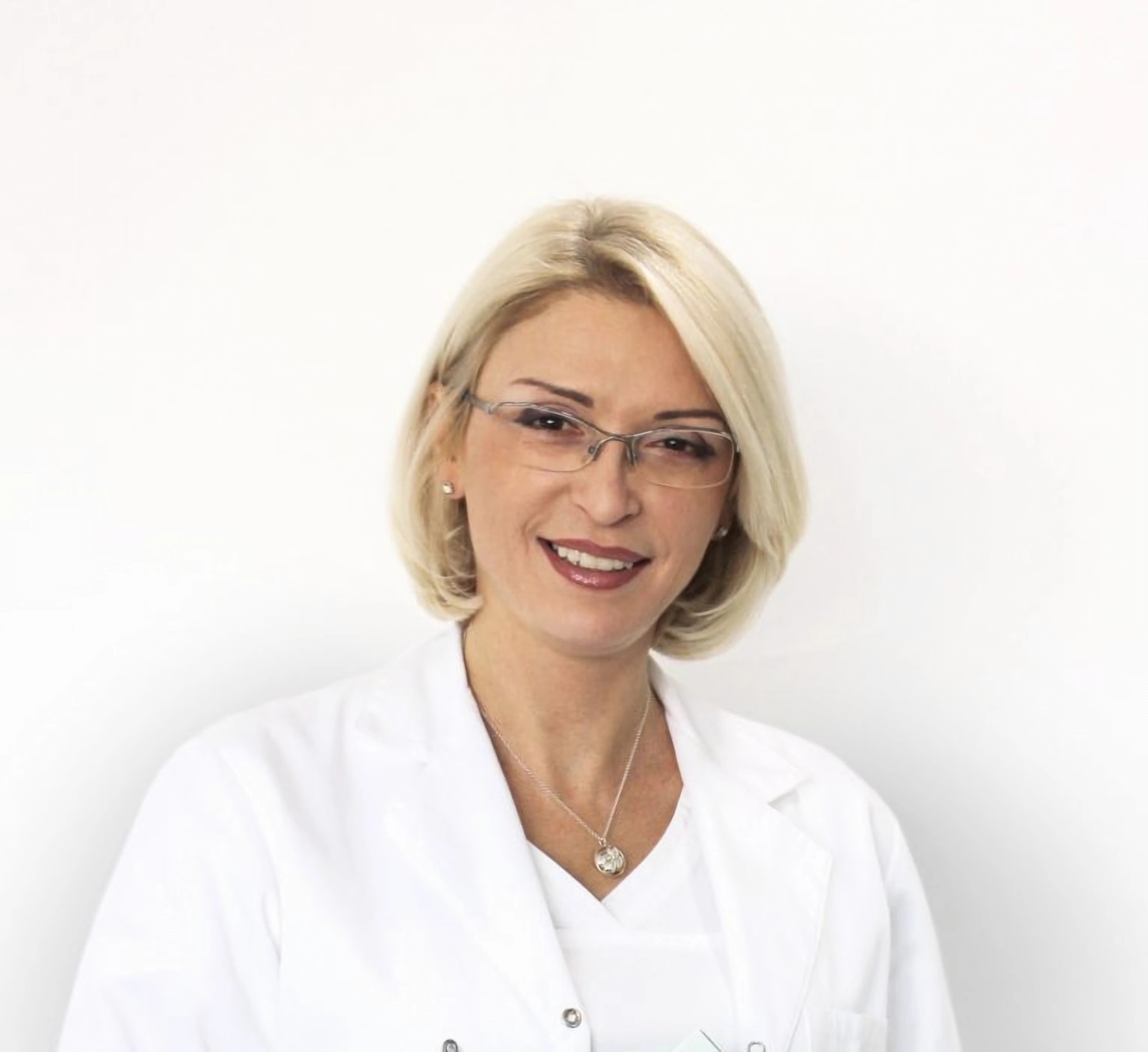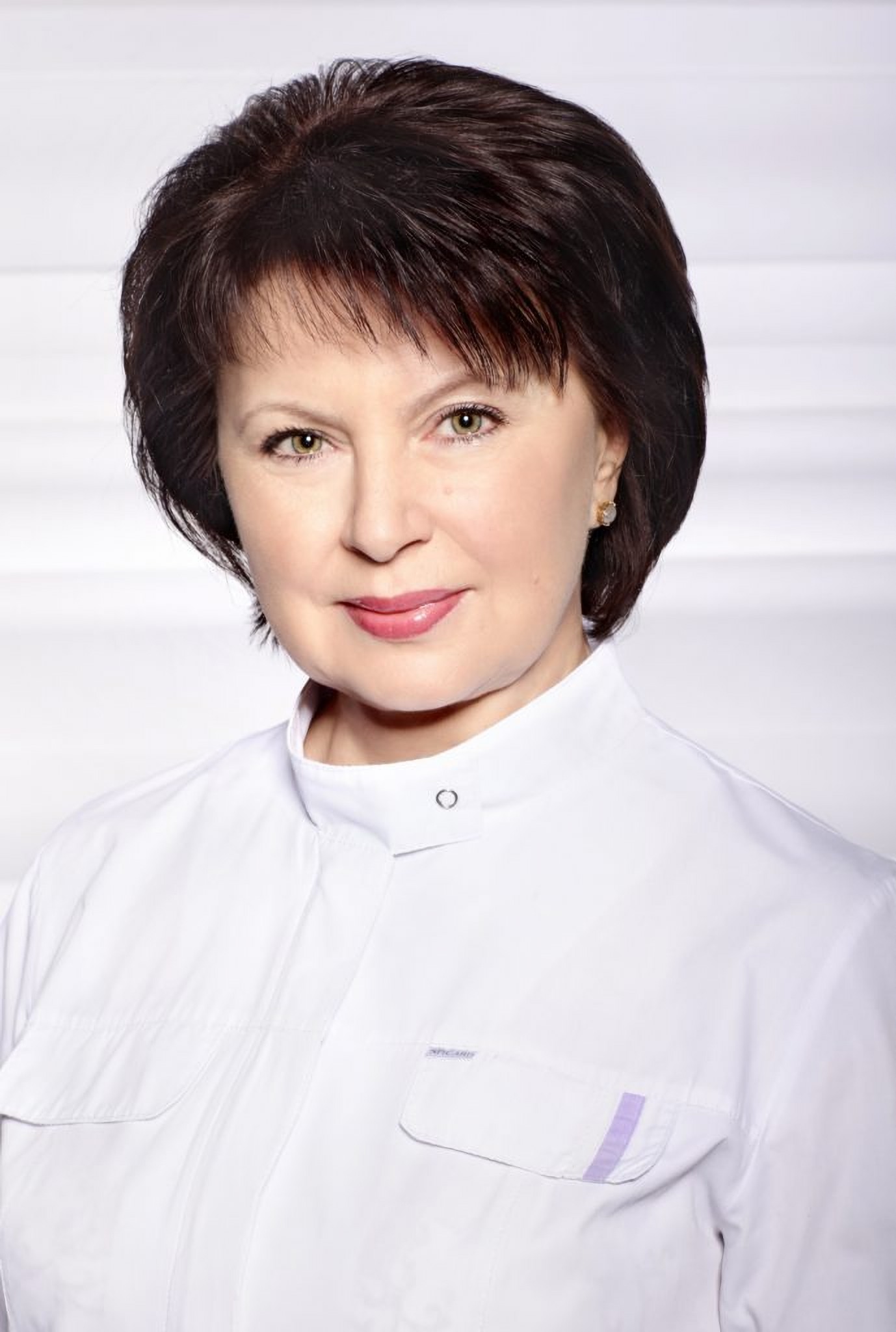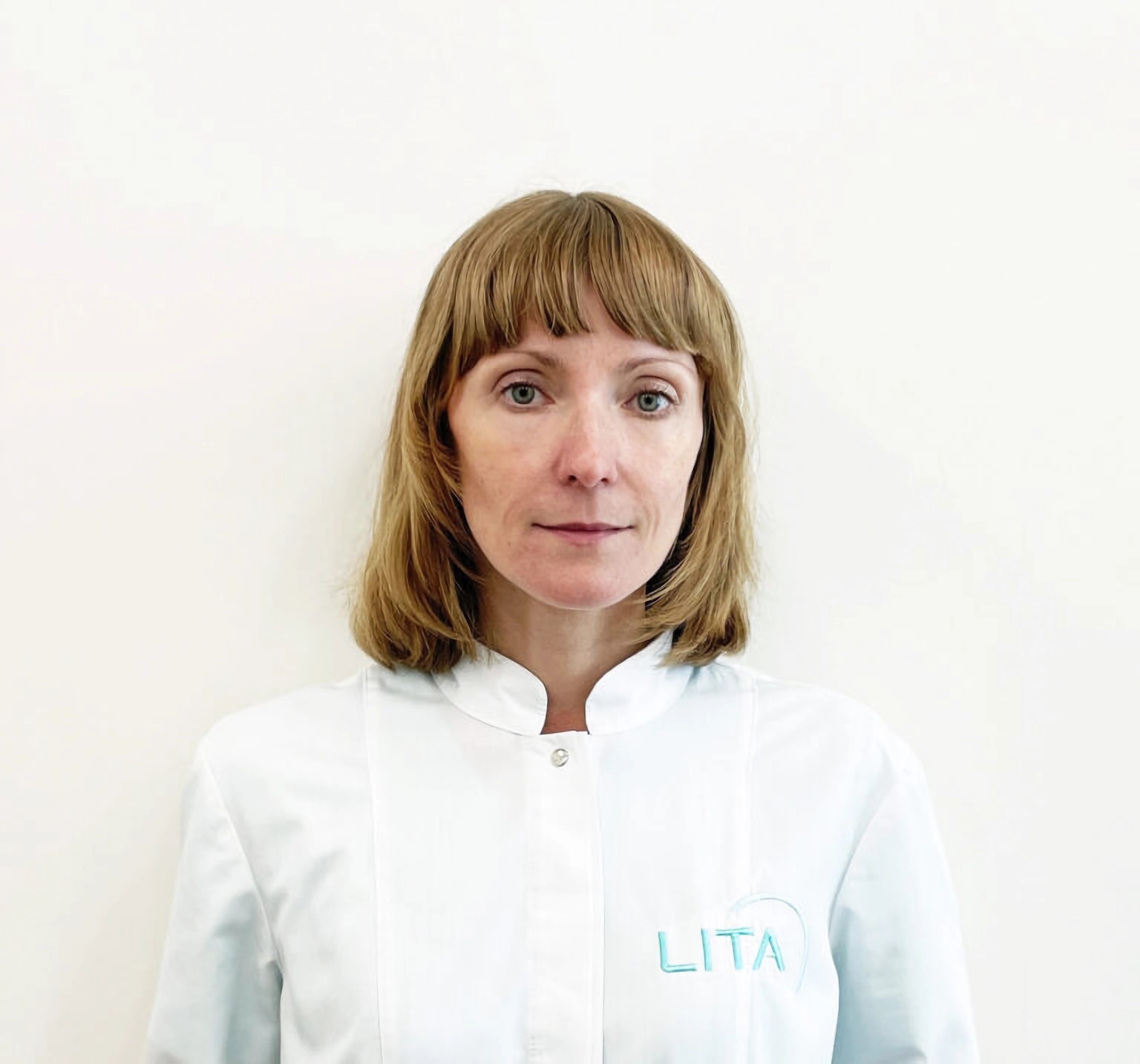Sperm bank
How do we organize your medical trip?





Sperm bank
Today we're going to talk about seven tips for choosing a sperm bank.
Many women who are considering building their family through pregnancy choose to work with a sperm bank. There are many sperm banks in the United States and abroad, but we will focus mainly on the United States because that is where there is the greatest demand for the procedure and some of the best sperm banks in the world.
Here are seven essential tips for selecting the right sperm bank for your needs. Consider factors such as the reputation of the bank, the quality of donor information, and the level of customer service provided.
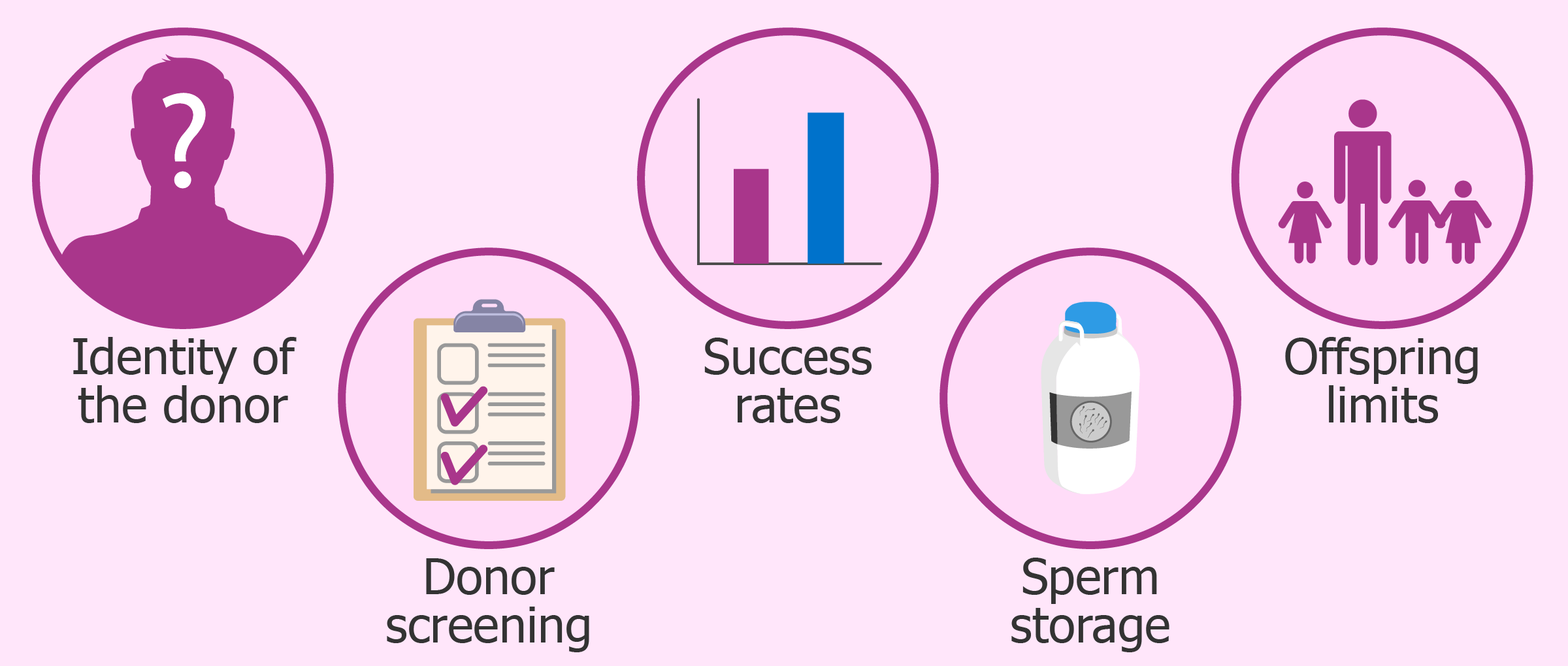
If you are looking for detailed guidance on how to evaluate different sperm banks, check out this comprehensive guide. For more information on family planning options, see our full range of services.
Doctors See all doctors
FIRST TIP
My first tip is to ask your doctor if they have preferred sperm banks if you're working with a reproductive endocrinologist. Many of them have a list of preferred banks. Some requests can go beyond common advice, like visiting a hospital or counseling center, to find specific details.
So, they'd like you to work with. Why do they have preferred Bank?
Well, they may have researched their quality and reputation. They might be very familiar with the way that they prepare sperm, how they ship the sperm, and they’re very familiar with the quality guarantees and the refund procedures if there are issues with quality. Therefore, it can be a really good choice to just go with one of the preferred sperm banks that your doctor suggests. Now, if you aren’t working with a reproductive endocrinologist, you might want to select sperm banks based on if they will ship to you.
Some sperm banks will ship to you directly without a doctor's note, such as Northwest Cryobank if local regulations and laws allow it. There are a few states where it is not permitted, but in other states, it is permitted. Other sperm banks, such as Fairfax Cryobank, will ship to your home only with a doctor's note. Your doctor, such as a primary care physician, may be perfectly willing to write a note.
But if you don’t want to go through the hassle of getting a doctor’s note or you’re not sure your doctor will give you one, then you could look at banks that do not require it.
TIP NUMBER TWO IS TO THINK ABOUT YOUR DONOR MUST-HAVES
- Do you want to have a donor that is verified to have a college degree?
- Do you want to have a donor that is six foot three?
- Do you want to have a donor who is the same religion you are?
Who is the same religion you are, who is the same race as you, has the same eye color, and has the same hair color. If certain things are important to you, then you'll have to look for a bank that offers these things. Those things aren’t important to everyone, but some of those things are very important to some people and they can use those qualities to filter down their choice of banks.
Another very important thing to consider is whether you want an anonymous donor whose identity will never be revealed to your child in the future, or if you want an open ID donor.

How does that open ID process work if they are an open ID donor?
Do they send your child a letter when the child turns 18 with the donor's last contact information? Do they actually look up the donor’s contact information and keep it up to date? Do they allow the child to reach out to them and ask for the donor information? There are different policies and procedures about how the open ID release actually works in the future, and so those things can help you make a decision.
Do they send your child a letter when the child turns 18 with the donor's last contact information? Do they actually look up the donor’s contact information and keep it up to date? Do they allow the child to reach out to them and ask for the donor information? There are different policies and procedures about how the open ID release actually works in the future, and so those things can help you make a decision.
THE THIRD TIP IS RELATED TO THE SECOND ONE WHICH IS TO FIGURE OUT WHAT INFORMATION ABOUT THE DONOR IS MOST IMPORTANT TO HAVE.
We just talked about how it’s important to know what things about the donor you want and making sure that type of donor is available at the bank. But you also have information about the donor that you can receive, such as voice interviews. Some banks do not offer voice interviews, while other banks offer voice interviews. So you can actually hear the donor speaking about why they are donating and what they hope for people who receive their donations.
Other banks do not offer adult photos; they only offer childhood photos of donors, or they might not offer any photo at all. They might only offer a physical description. So if you know for sure, "Oh, I have to be able to hear the voice of the sperm donor," because then it will help me figure out if I’m an energetic match to that person.
For example, just thinking of possible reasons, then you can eliminate all of the sperm banks that don’t offer audio.
TIP NUMBER FOUR DO SOME RESEARCH ON THE BANK
This doesn’t have to be a super expensive investigation, but I would suggest some basic googling about the bank. You can google things like whatever:
- the sperm bank’s name plus mistakes
- the name of the sperm bank plus lawsuits
- the name of the sperm bank plus litigation
- the name of the sperm bank plus family limits exceeded
You'll find a lot of articles and information and see if you’re comfortable with what you find and how you feel about using a sperm bank. Just because there’s been a prominent case of a mistake in the news doesn’t necessarily mean that sperm bank is one that you shouldn’t use, but I think it’s a good idea to understand what is going on with the sperm banks because there is not much regulation at all in the United States.
Their policies, procedures, and how they ensure donors are who they even say they are is not very well regulated at all. And when I say not very well regulated, I’m kind of being a little bit generous.
What is regulated is that the sperm itself is tested for STDs and there are quarantine periods to make sure that the recipients are not getting a dangerous donation that will make them sick. As far as regulations beyond that, it’s pretty much up to the banks.
TIP NUMBER FIVE IS TO DETERMINE WHAT KIND OF GENETIC TESTING IS IMPORTANT TO YOU
Different banks, again, have different amounts of things that they screen donors for. Some will screen for over 200 genetically recessive disorders. Pretty much everyone in the population is a carrier of an autosomal recessive disorder of some kind. But luckily, based on probabilities, most of the time, you end up finding a partner who does not carry the same issue as you do. And even if you find someone who’s a carrier, oftentimes the odds of one of your children having the disorder is about one in eight. Sometimes that can happen. Most reproductive endocrinologists these days suggest that you yourself get a genetic screening to see what conditions you might be a carrier for. Then you can look at a donor and see if they are also a carrier.
If you have not been tested, then it might make sense to go for a bank that tests for really, really a lot of things. You can always talk to a genetic counselor to see what they suggest about a specific donor that you’re thinking about using and their genetic test results.
And also in combination with your test results. When you receive donor sperm, you will get a report of their testing along with probability listings of like what’s the probability of this disease based on this donor and their results in the population. And those results can sometimes be a little tricky to interpret, so that’s when it could be really helpful to talk to a genetic counselor.
TIP NUMBER SIX FAMILY LIMITS
This one is really important. Now, you might be surprised to hear that in the United States, there is no federal or state law about this. The American Society of Reproductive Medicine does have guidelines, and their guidelines suggest no more than 10 to 25 offspring in a population of 800,000. Okay, so you can do the math there. There’s like a lot of millions of people in the United States, and so even if you went by that guideline of 25 per 800,000 population to avoid accidental consanguinity, that could still be a lot of offspring.
Most banks will actually stick to a 25 family limit for the entire country of the United States, but you have to check with the bank to see. Also, family limits depend on the self-reporting of recipients. If a recipient used a sperm donor at a home insemination, got pregnant, had a kid, and never reported back to the bank, "Hey, I had a kid with this donor," then it’s possible that the family limits are being exceeded.
You might want to ask the bank if they ever follow up with anyone to find out, or if they just purely depend on the reports. Remember also that sperm from the United States is often exported to other countries, and family limit laws in other countries vary as well. The number of offspring that may be generated by the same donor that you’re using could be higher than just the limit in the United States of 25. And that’s an example. Some banks may go more by 25 per 800,000 population around the country. And there are some banks that have a lower limit than 25, so that’s one thing if it’s important to you to think about.
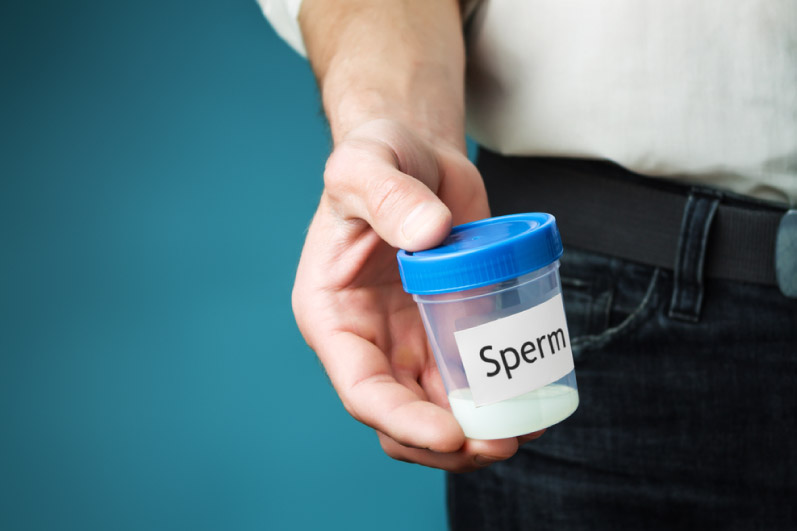
TIP NUMBER SEVEN - RESEARCH THE COST OF DONOR SPERM
Costs of course—the cost of donor sperm is going to be like a drop in the bucket compared to the cost of raising a child from infancy to adulthood. But that doesn’t mean you shouldn’t factor in your budget while you are trying to become pregnant. It can take multiple tries. The cost of one portion of sperm ranges around a thousand dollars.
Some sperm banks may be less detailed in the information that they offer, but they might be cheaper. It’s fair to take costs into consideration when making your decisions. Also, remember that you do not have to be exclusive with one sperm bank. You can order from one sperm bank for one attempt and another sperm bank for another attempt. You aren’t locked into always only using the first sperm bank.
We hope you enjoyed these tips on choosing a sperm bank. If you still have questions or would like us to write about anything else, please contact the UAmedTOURS manager.
MEDICAL DISCLAIMERThis content is for informational and educational purposes only. It is not intended to provide medical advice or to be a substitute for such advice or treatment by a personal physician. All readers of this material are advised to consult their own physicians or qualified health care professionals. UAmedTOURS is not responsible for the possible health consequences to any person or persons reading or following the information contained in this educational content. All readers of this content, especially those who take prescription or over-the-counter medications, should consult their physicians before making any changes in their diet, lifestyle, taking pills, or other facts that may affect your physical and psychological health.





